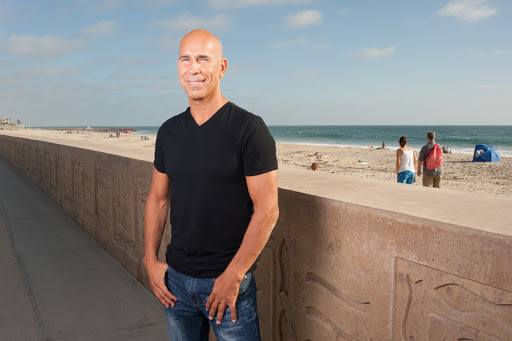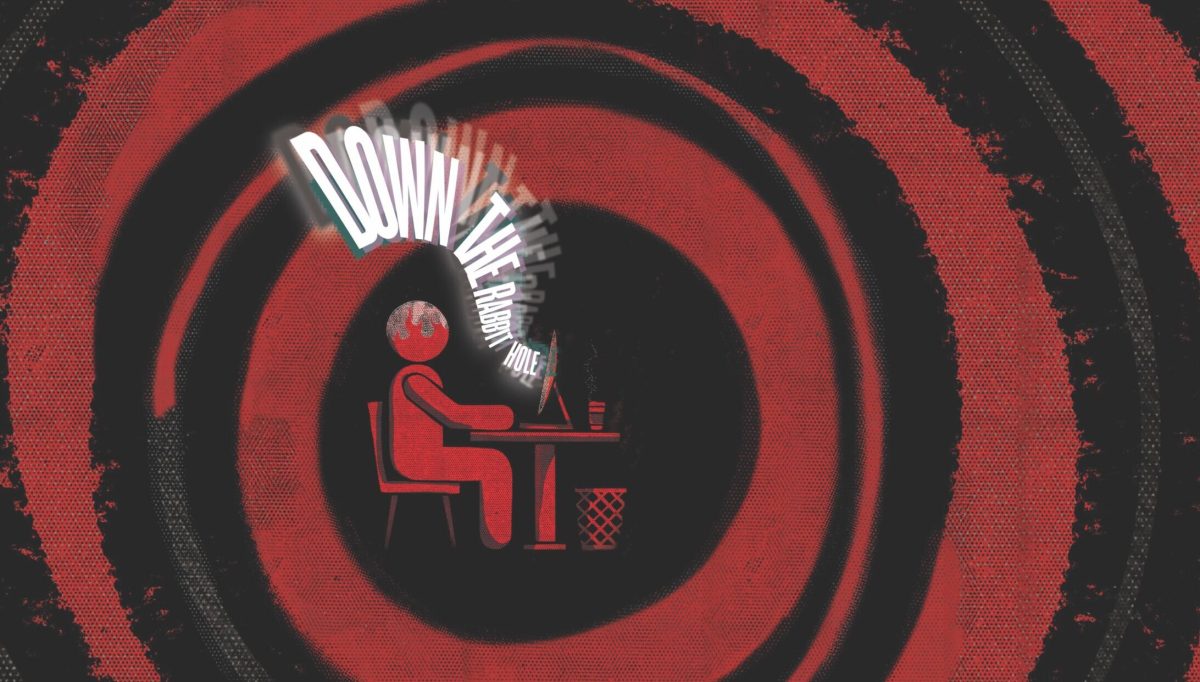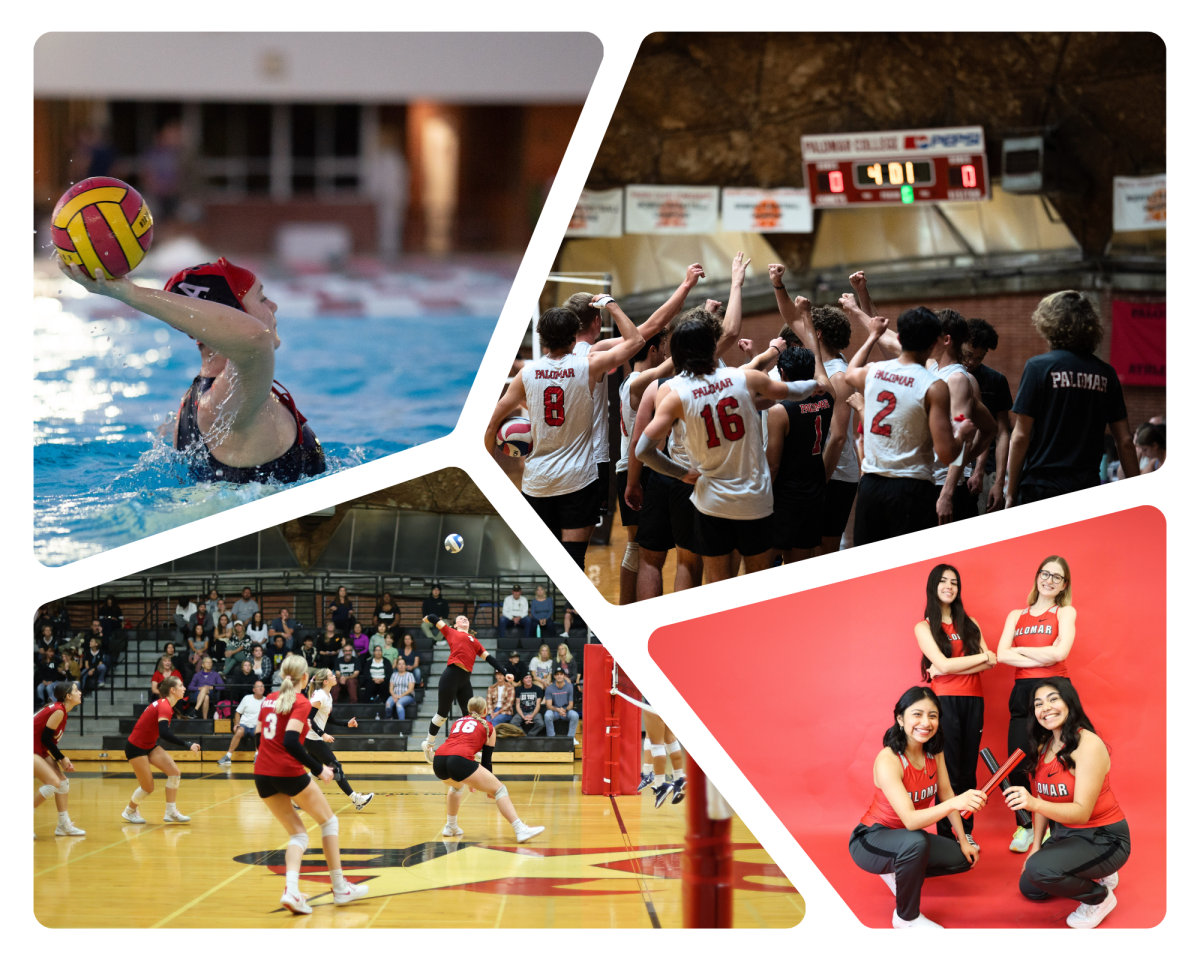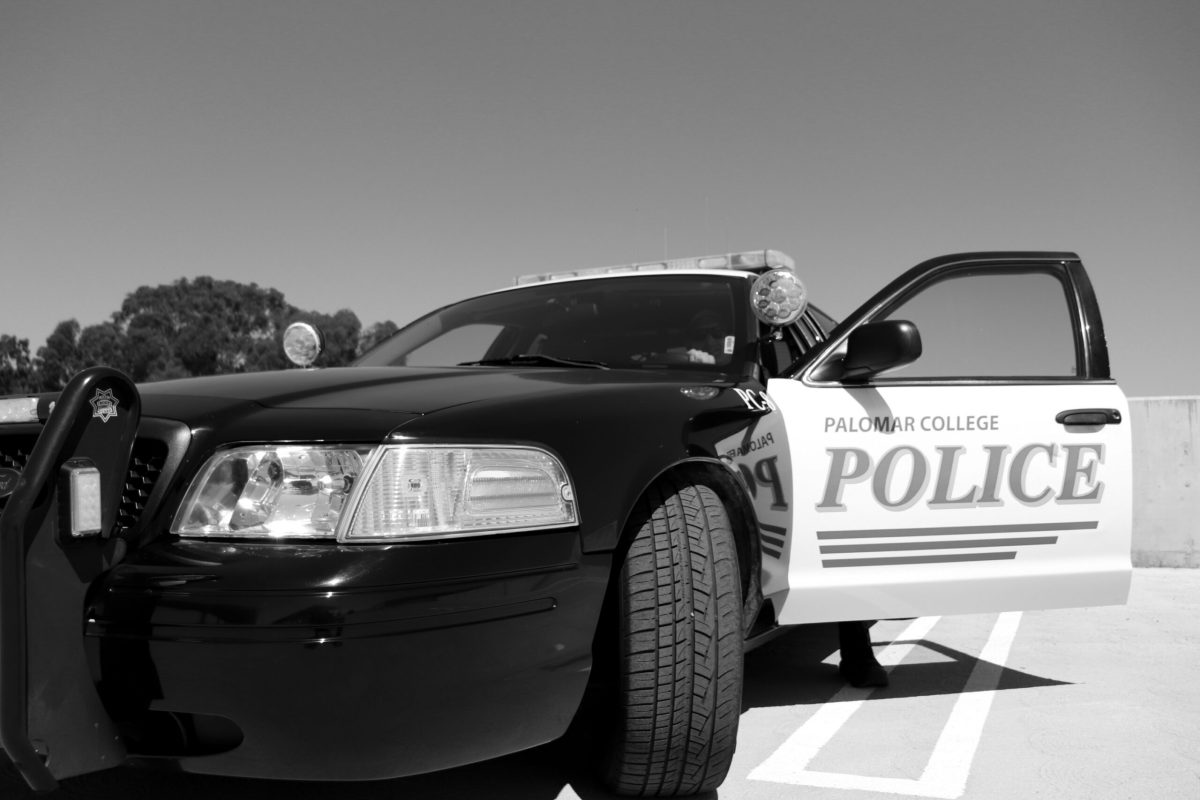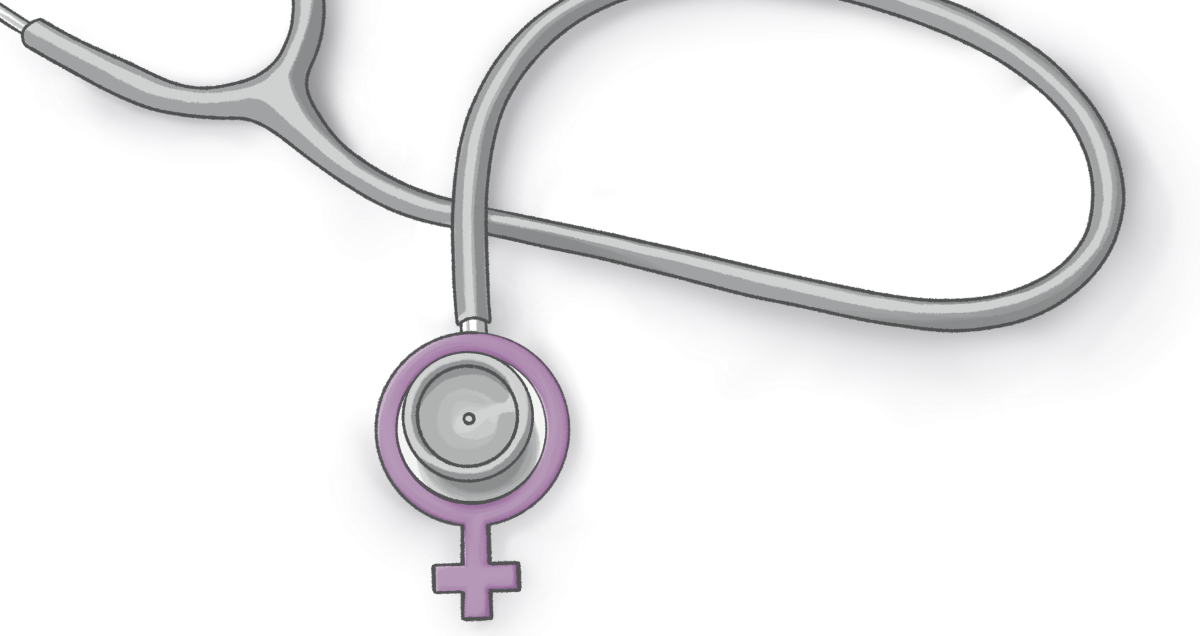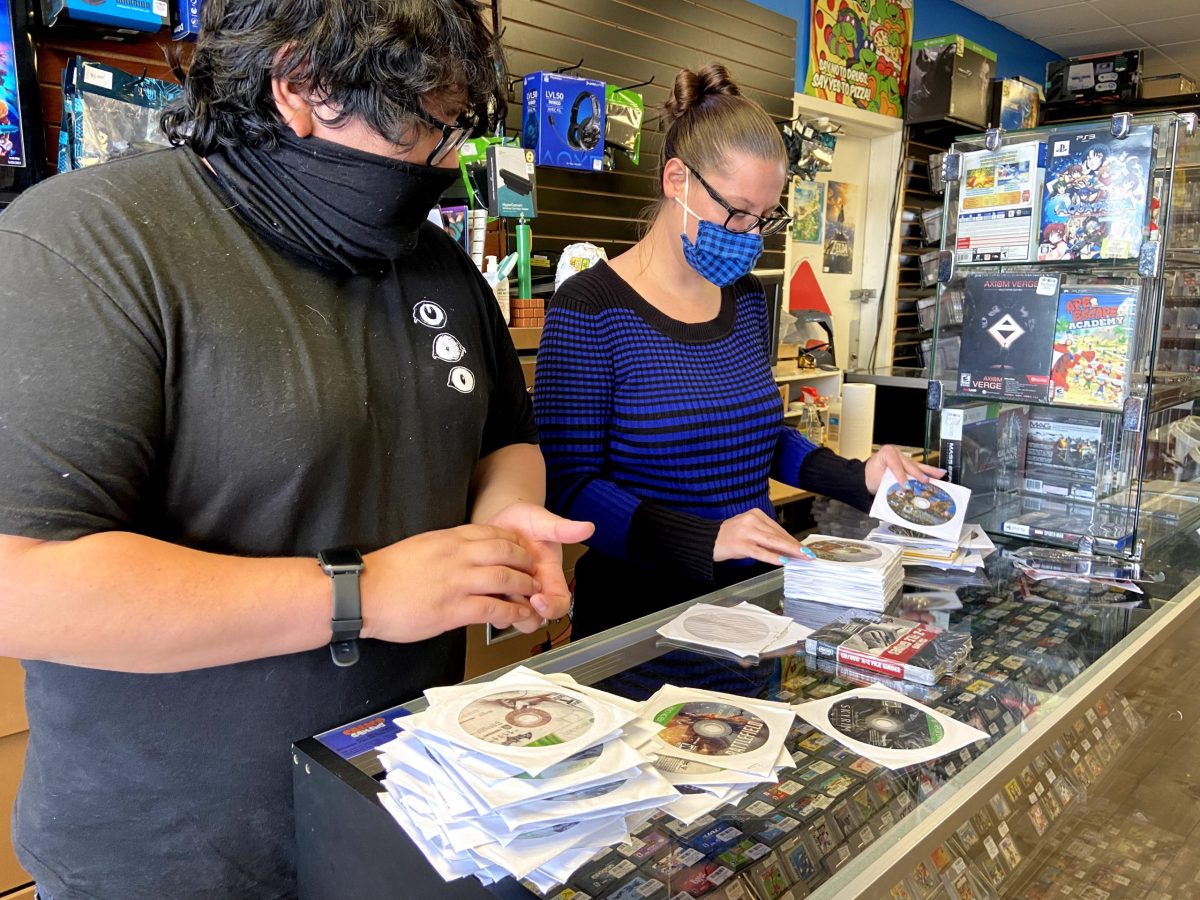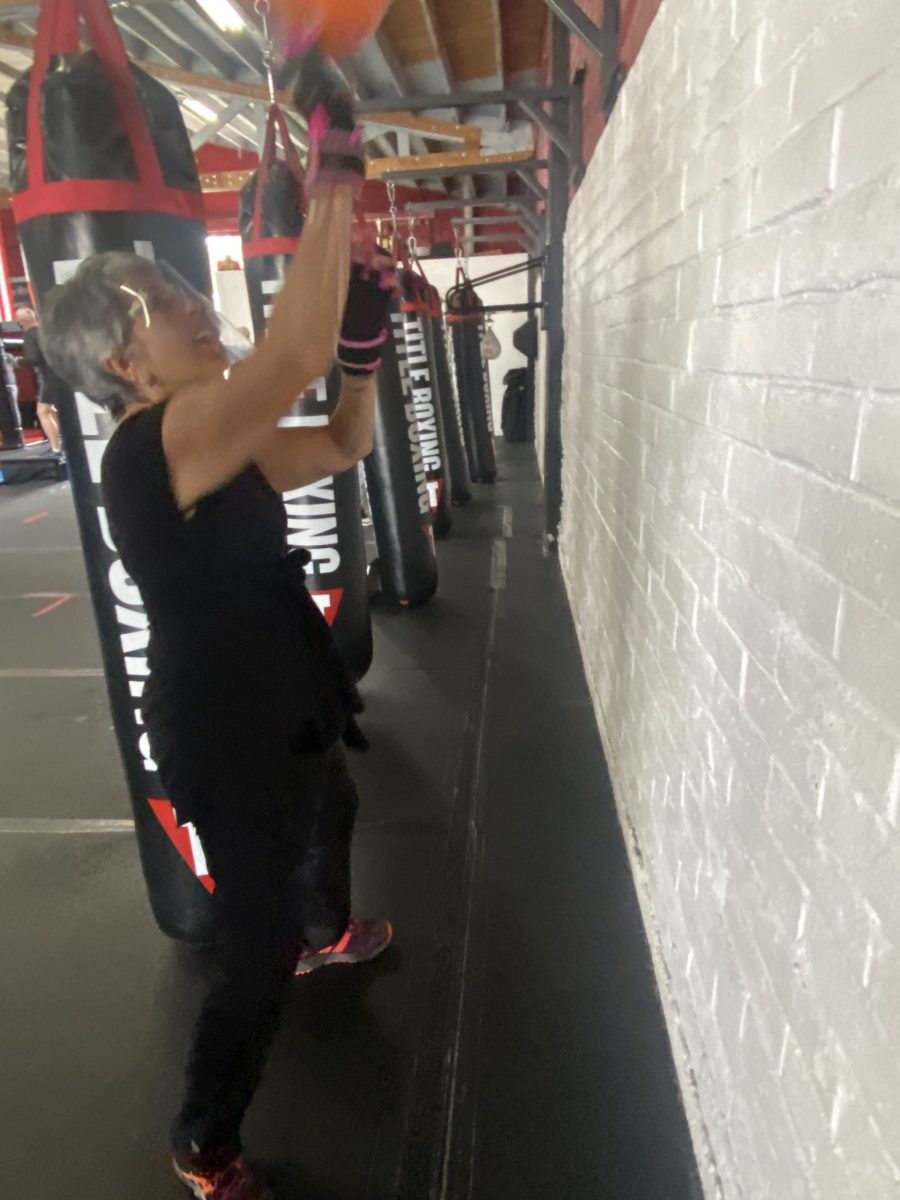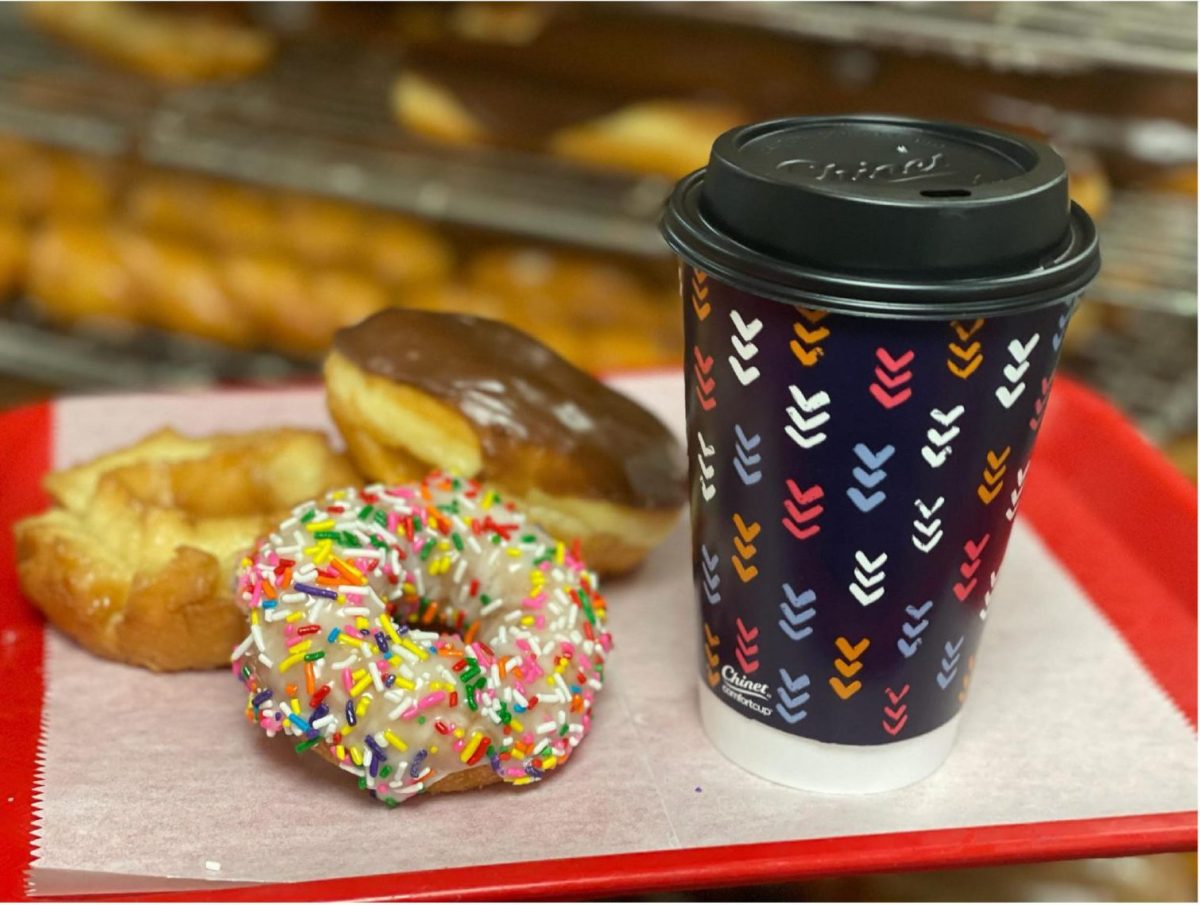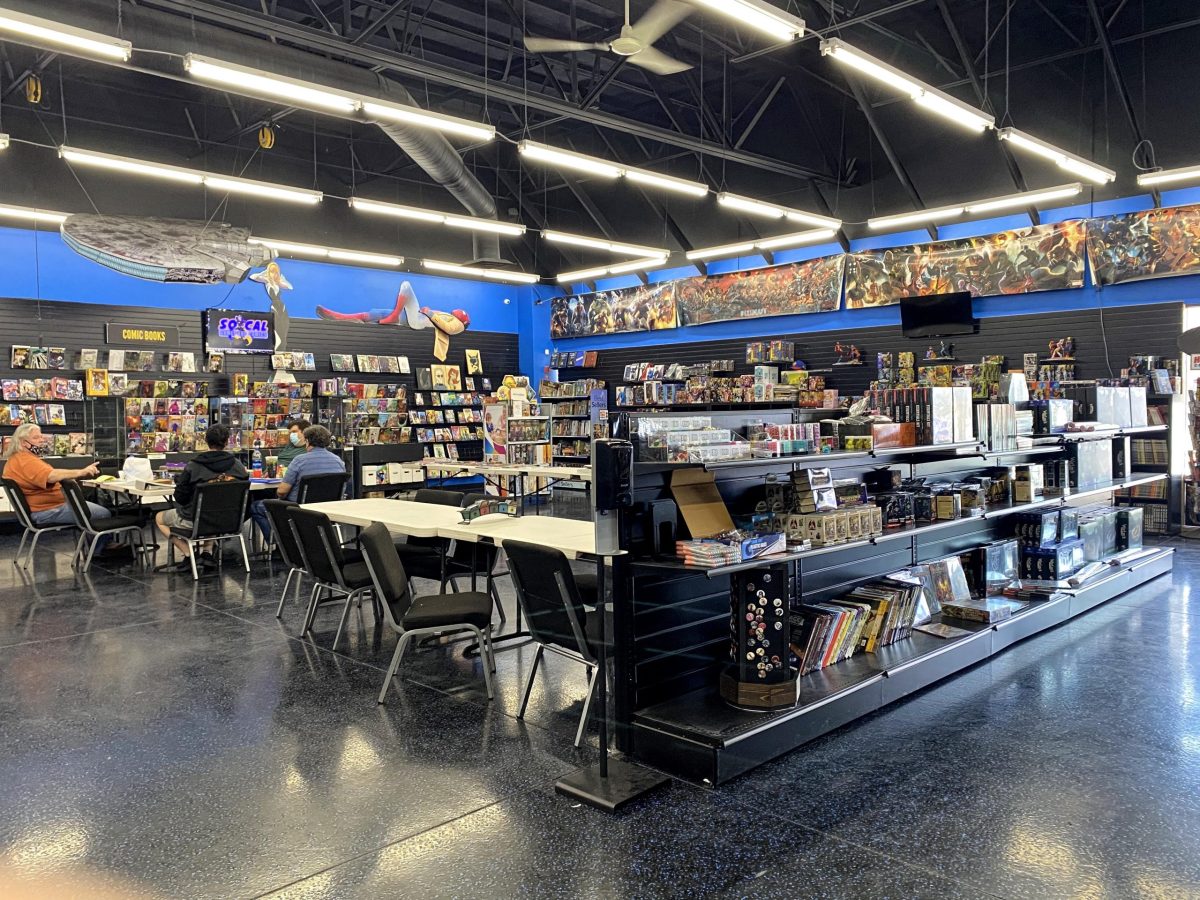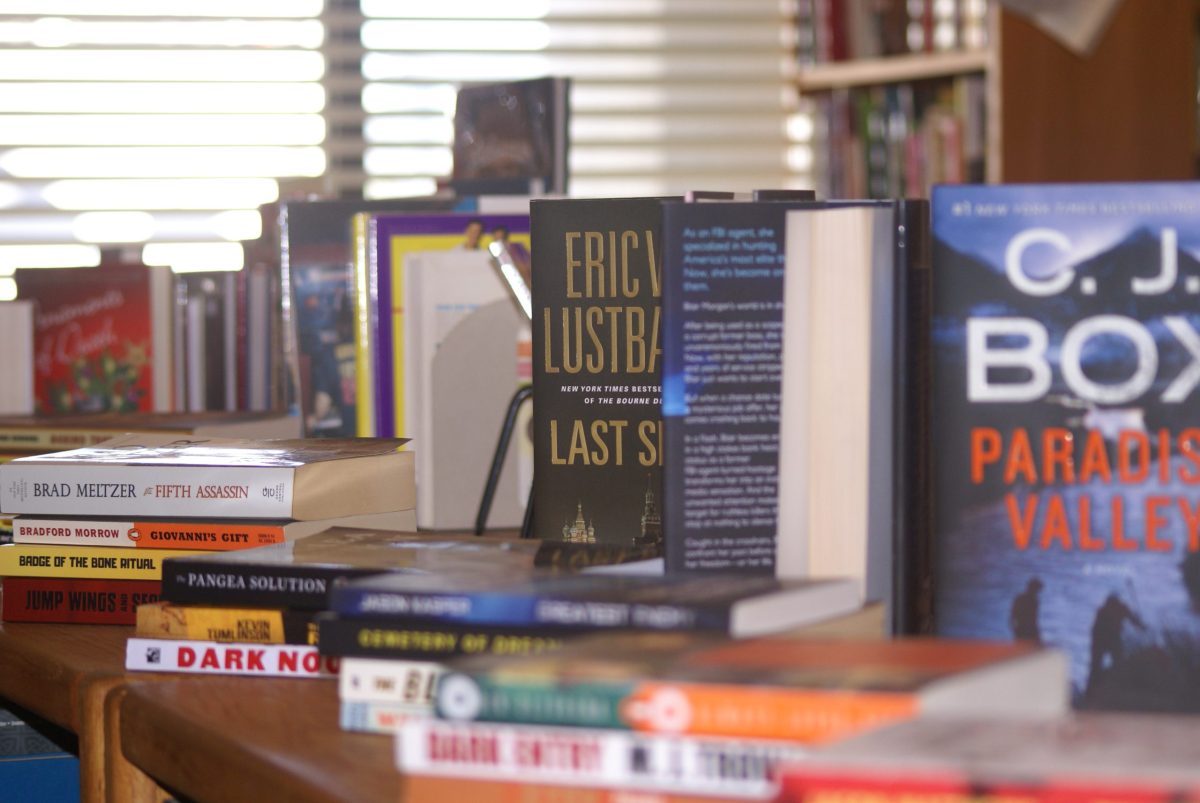Life coach Greg Clowminzer, 60, was born and raised in Memphis, Tenn. and moved to San Diego, Calif. when he was 18 months old. He attended Mesa College then National University but never finished. Clowminzer spoke about how he worked up to running a business and life coaching business. He has had great clients throughout his career as a business and life coach, some of which shared their life-changing experiences under his guidance.
“I actually got licensed to do tax work,” Clowminzer said over a Zoom call, when explaining how he started working with his mother when he was younger. Learning how to do taxes helped introduce him to learning about finances and looking at numbers.
“Then I got into commercial real estate and had a successful run at that,” Clowminzer said. Getting into commercial real estate helped him realize how to become an entrepreneur, a businessman and how to hire people.
Clowminzer has been a life coach for 28 and a half years. In 1993, he started his life coaching business on his own.
“Coaching wasn’t even a profession back then,” he said. “Back then we just called ourselves coaches.” Since the coaching business was so open-ended, they could help a lot of people in different areas. “We can help people with health concerns, stress and anxiety but not like we were therapists.”
According to a Bloomberg Pursuits article, the International Coach Federation announced that the life coaching body has soared from almost 4,700 worldwide in 2001 to more than 41,000 today during the COVID-19 pandemic.
Clowminzer’s goals for his clients are to set-up strategic goals so they can maintain a healthy life and business. He said coaches started becoming more like “generalists,” someone who has a wide array of knowledge in multiple subjects.
After learning to become more like a generalist, he said you need to develop a “niche,” which is a suitable or comfortable position in life or employment.
“Coaches would work with people going through a divorce, or coaches would be people working with first-time parents or coaches would be people with kids trying to get into an Ivy League college,” he said.
Clowminzer found his niche in coaching people in business.
“I coach people who are business owners or professionals and help them do better at what they’re doing,” he said.
Chuck Helsel, who is a Mortgage Loan Officer for U.S. Bank, was one of Clowminzer’s first clients and has been seeing him weekly ever since. Helsel grew up in Long Island, NY., and moved to La Jolla, Calif. the second half of his senior year of high school.
“We went to some seminar over 25 years ago before he started coaching and it was a seminar about how to improve yourself and how to improve your business,” Helsel said over a Zoom call. From that seminar, he and Clowminzer connected “and the rest is history.”
“People have fancy cars and you see them driving and one wheel is flat or it’s low or there is a big dent on the side and I think Greg keeps my tires inflated,” Helsel said, using an analogy to describe how Clowminzer has kept him balanced over the many years.
“I’m proud that I’ve maintained a 32-year marriage, I’m proud that I’ve been in one industry in banking since 1981, that I’ve been in the mortgage business since 1989,” Helsel said. He feels that if he did not get the type of coaching from Clowminzer, he would be divorced and unemployed.
He feels that those thoughts of becoming divorced or unemployed is because of the way he is “wired.”
“Greg has been a part of my growth, my getting older, my experience, my balance and to maintain a level life,” Helsel said.
On top of all of those attributes, Clowminzer has helped him and his wife work together. Aside from being married 32 years, Helsel and his wife have been able to work together for 20 years.
“My wife is one of my most wonderful critics,” Helsel said.
Clowminzer has helped Helsel with different ways of dealing with his learning disabilities. Sometimes his disabilities allow him to think about something that is worrying him. He describes it as going down a “rabbit hole.” Helsel all-around is glad that Clowminzer has coached him in the business area and for his life.
“There is no such thing as a business, there are just people in the business,” Clowminzer said. He talked about how it starts off as business coaching and then gravitates toward personal coaching.
According to “Why Leaders Need To Bring Mindfulness Into Their Coaching Practice,” written by Dr. Deb Hedderly, a Professor Adjunct at Gonzaga University School of Leadership Studies, “studies show that mindful leaders bring greater understanding for change, are resilient and bring wisdom into their work.”
“When leaders are not on ‘autopilot,’ they can reduce stress, unlock creativity, and boost performance,” Hedderly said.
In Clowminzer’s 28 and a half years of being a life coach, when professionals go to see him, he notices that there are more personal matters to work on than business-related issues. Clowminzer said that he considered or “entertained” the idea of hiring business coaches or life coaches once or twice but decided to keep his business the way it is. Clowminzer loves the clients he has right now and doesn’t feel that it is necessary to hire any other coaches.
Cuyla Coogan, 31, was born in Santa Monica, Calif. and moved to Huntington Beach, Calif. at the start of kindergarten where she mainly grew up. Coogan has a Bachelor’s degree in kinesiology for fitness, nutrition and health at San Diego State University. She then received her Master’s degree in sports management at the University of San Francisco.
Coogan is a life coach and met Clowminzer about three years ago through a friend at a speaking event. She launched her life coaching business right after going through Clowminzer’s program. “He [Clowminzer] changed my life,” she said.
“Three years ago I had severe anxiety. I was still going through severe anxiety, I was experiencing it for most of my life and I was diagnosed with Generalized Anxiety Disorder. Then three years ago I felt I was on a brink of a huge breakthrough,” Coogan said.
When she took Clowminzer’s three-day life coaching experience, she came out of it with a sense of love and peace for herself.
“It changed the trajectory of my life that weekend and knew I had to teach it [life coaching],” she said.
Coogan has had clients that came to her for advice on how to be a coach. She calls it her “Wellness Program,” which looks at her clients’ wealth, health and relationships.
“I’ve helped people transition into living out their life purpose and becoming a coach,” Coogan said.
When dealing with clients that come for business coaching, Coogan says it is important to first focus on personal growth.
“We teach an understanding of their mind,” she said, explaining that when you focus on your self growth, everything starts unfolding from there.
Coogan wants to make sure people come home with a fresher mind and an understanding of how to find inner love and peace with themselves. She would not have begun learning this if it wasn’t for meeting Clowminzer.
Clowminzer has been using Zoom to meet with his clients. He was already using Zoom before the pandemic, and because of that it didn’t effect him too much.
Clowminzer did meet with some clients at his office in Carlsbad before the pandemic but now those clients have had to switch over to Zoom.
He was hosting live events every 30 to 45 days before the COVID-19 pandemic and now that has been shut down.
These live events were three-day experimental self-discovery events that helped people learn about their minds and the mindset for success and well-being. It was one of the events that helped Coogan launch her transformational life coaching career.

